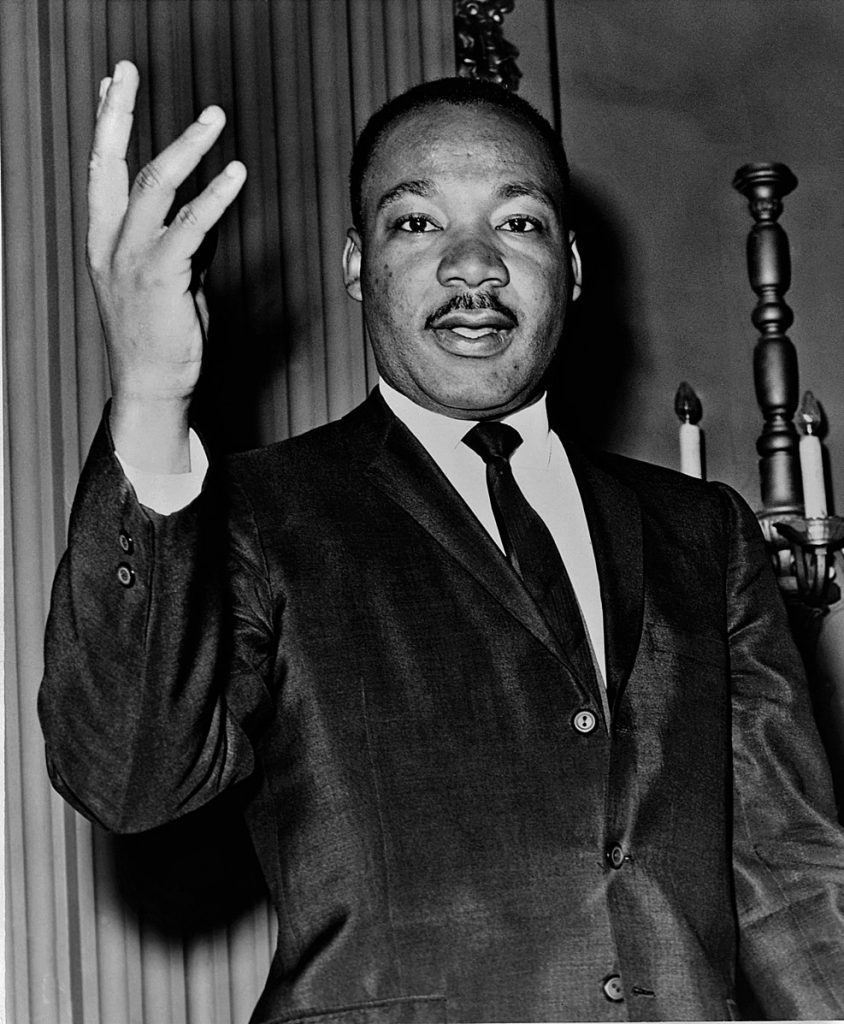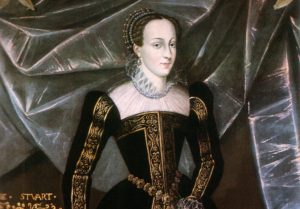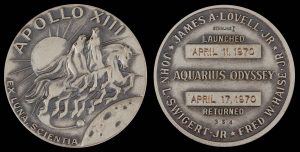When news broke that civil rights leader Martin Luther King Jr. had been killed on April 4, 1968 in Memphis, Tennessee, people couldn’t help but feel anger and outrage. King, who had started a revolution to end social injustice, had just been killed, and many people were left wondering if they would forever be stuck in a never-changing world.1

When black citizens in Washington D.C found out King had been killed, they wanted local stores to close out of respect for this civil rights leader. When stores did not close, this lack of respect sparked a dispute between citizens and the police. What started off as a peaceful mourning ended up a four-day violent riot where people were smashing windows, breaking into stores and hurting each other. Store owners wrote “Soul Brother” on their windows to let rioters know they were black-owned and also mourned King’s death. Because Dr. King didn’t believe violence was the answer, it’s ironic that rioters used violence to show their anger about his assassination.2
The rioters seemed ready for war and had no plans on stopping, which caused 13,600 troops, along with the National Guard, to try to end the riots. They gave the citizens a curfew and stopped selling alcohol and guns in hopes they would give up on rioting. Although the mayor instructed them not to fire at anyone, troops shot two people and injured many more. In total there was 12 deaths and 1,098 injuries in Washington D.C alone. Throughout the nation, cities such as Chicago, Kansas City, and Baltimore were having their own riots related to the assassination, and the nation accumulated more than 2,500 injuries and 40 deaths. Each city seemed handle the riots in similar ways, but Washington had the most damage and the hardest time getting back to normal after the riots.3
Police continued monitoring the streets, and on April 8, 1968, the city seemed to be done with the riots. The city of Washington D.C started rebuilding after accumulating $25 million in damages during the riot. Some areas were fixed right away, while other areas such as Seventh Street and Florida Avenue NW took more than thirty years to return to normal. Due to this rebuilding process, the economy tanked, causing “white flight,” where many white residents moved away from Washington D.C because of the violence occurring in the neighborhoods.4

The riots may have ended, but people across the nation were still hurting and angry. On April 11, 1968 Lyndon B. Johnson signed the Civil Rights Act Of 1968, which prohibited discrimination concerning the sale, rental and financing of housing based on race, religion, national origin or gender. Many believe that President Johnson signed this act in attempt to prevent any more riots and outbreaks that may have occurred in the nation. Although signing this act didn’t cure racism and didn’t heal the broken hearts of the many people mourning, it was a step in the right direction and the last major act of the Civil Rights Movement.5
- Adrienne Wilmoth Lerner, Brenda Wilmoth Lerner, and K. Lee Lerner, City of Memphis v. Martin Luther King Jr. (Detroit: Gale, 2006), 345-348. ↵
- Meggin Condino, Martin Luther King Jr.’s Assassination Shocks the Nation (The Arts, Business and Industry: UXL, 2010), 42-44. ↵
- Meggin Condino, Martin Luther King Jr.’s Assassination Shocks the Nation (The Arts, Business and Industry: UXL, 2010), 42-44. ↵
- Encyclopedia of Social Problems, 2008, s.v. “White Flight.” ↵
- Encyclopedia of African American History, 2010, s.v. “Civil Rights Act of 1968.” ↵



51 comments
Jasmine Rocha
After civil rights leader Martin Luther King Jr, died many people wanted to show their respect by closing their shops but many did not want to and that how the riots started. This article could have possibly included more details on the riots and but with it was still informative. Its very ironic after the death of one of the most peaceful civil rights leader so much violence emerged.
Luisa Ortiz
I like your article, short and straight to the point! And I agree with you, it is bizarre that people use violence when King was totally against it. It’s like his death was not being honored, but then again everyone mourns in different ways. The pictures that you decided to use are really good! I think your article does in a good way describing the story!
Ysenia Rodriguez
I always find it ironic when civil rights groups who try to protest peacefully begin to cause destruction among their communities. Dr. Martin Luther King Jr has always been an inspiration to me since I was a young girl but the idea of his assassination being followed by four days of violence is unsettling. I just wonder what he would have said after watching the people he fought so hard for cause such violence and destruction.
Adam Portillo
I knew people mourned the assassination or MLK but I had no prior knowledge that it had incited riots. I could imagine how people felt about the assassination especially those people who held the same dream as MLK. This shows the influence MLK had with people, he was such a great advocate for people seeking the same thing. This was definitely a rough time for people because MLK was the person many people looked up to change the country.
Madison Guerra
I knew that the death of Martin Luther King Jr caused many people to be upset and mourn over his death, but i never knew that his death caused so many violent riots. It was very interesting to learn more about these riots and the impact they had on the civil rights movement. I have to say that i agree with the riots due to the cause they were fighting for, and it had a positive outcome when president Johnson signed the Civil Rights Act.
Adrian Cook
The late 60’s were a very controversial time for America. A lot of riots and protests were popping up through out the country and many people were being killed or even arrested by their voice and actions. Martin Luther King Jr. was a big influence on the country and rightfully so, I would be upset too because of what he did for communities. Riots and protests were just getting started after his assassination and still on going to this day. The world has come a long way but there’s still a lot of work to be done for our country.
Esperanza Rojas
I found it really interesting that the author put in the article that King was against violence but, ironically, people who supported him ended up using violence. This just proves how much King was an impact on people, that when he was alive he was able to let people see the benefits of being peacefully while in his death, all that he preached for was blinded by anger and hurt.
Alyssa Garza
It’s sad to see that the world lost a great man to soon because he was tiring to do something that would make a difference. It’s crazy that after so long after he’s gone we all still know who this great man is and the reason why he died. I know that everyone was hurting from the loss of a great man but I’m sure if he saw the violence that happened because of his death he wouldn’t be happy with us.
Marina Castro
I loved it! This article was great! Martin Luther King Jr. is one of the people I have always looked up to. The courage he had to fight the racism and inequality during his times goes beyond of what I can imagine. Of course with someone as revolutionary as him, many people would follow. Even with him dead, nothing was able to extinguish the fire of revolution.
Daniel Linstead
Dr. Martin King his a hero in many peoples eyes, people looked up to this inspirational man. The thing I don’t understand in regards to his assassination is the way everyone reacted to it. He was so against violence and things like that but that is how his supports reacted to his assassination. I enjoyed reading this article and I still find it hard to believe that we are fighting with the racism to this day.